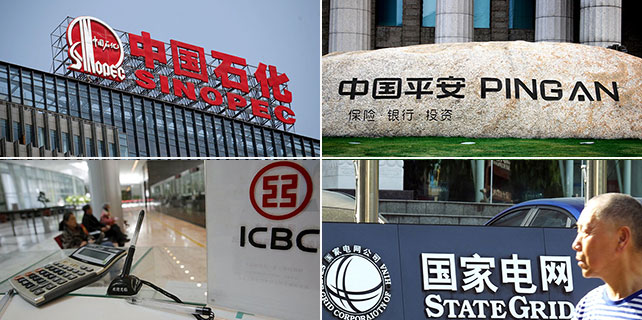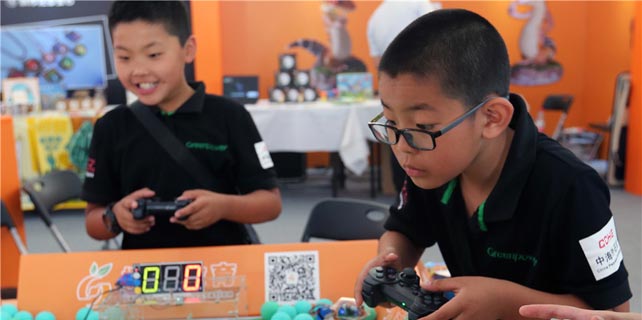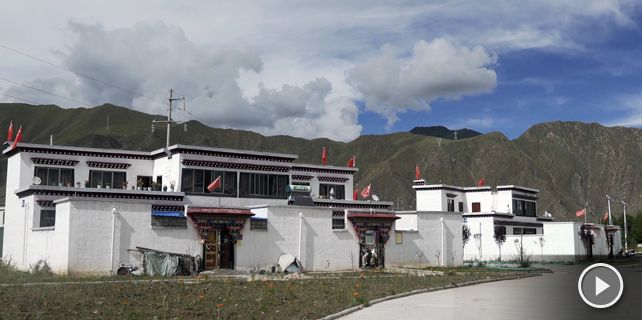German glass maker welcomes Chinese quest for top quality
One of the most popular tourist attractions in Shanghai is the Oriental Pearl Radio and TV Tower, which offers a magnificent view of the city, particularly after nightfall.
Frank Heinricht, 55, is probably a little unusual in that rather than being attracted mostly by the spectacular views on such a visit, it is the clear glass underfoot 260 meters up in the tower that keeps him preoccupied. His big question: Is it safe?
Heinricht is the chief executive of the German specialty glass maker Schott, and as such his professional interest in glass follows him almost everywhere he goes.
"Quality and safety are always the top-priority for us and our customers," Heinricht said of his company, which plans to spend 100 million euros ($119 million) expanding its business in China over the next three years, the main aim being to produce more high-quality specialty glass.
Chinese customers are attaching ever more importance to product quality, he said, and this applies to the glass containers for pharmaceuticals that his company makes.
"Our Chinese customers are now opting for higher-quality glass for safety reasons and for the quality of the pharmaceutical ingredients. They are also looking for containers that can hold their pharmaceutical contents longer."
He attributes the change in attitudes to industry upgrading in China.
"China's healthcare industry is upgrading its facilities, and we see this trend relating to pharmaceutical containers. That is presenting us more business opportunities."
He also sees the company's growth in the field of diagnostic examination as highly promising because Chinese hospitals are upgrading equipment for such examinations, including glass containers that hold special contents and that require special manufacturing technologies.
The burgeoning telecommunications market in China also presents opportunities to Mainz-based Schott.
Chinese electronic device producers such as Midea, Haier and Huawei are interested in very thin glass that can be used for the surface of household appliances and electronic devices such as laptop computers and smartphones.
Household appliance makers in China are eager to produce high-end products to achieve new growth as the government encourages manufacturers to increase turnover by modernizing and digitalizing and to be more internationally competitive.
As industries in China have upgraded, Heinricht's view of the country has undergone an upgrade of its own.
Twenty years after first visiting China he is astonished at the huge economic changes that have taken place, he said.
In fact, it is easy even for someone like him who has become familiar with the country to get lost because everything has changed so rapidly in the cities, he said.
"But one thing remains unchanged: the culture and personal styles. It's easy to communicate with Chinese business-people because they are friendly, straightforward, pragmatic and flexible.
"Being flexible is what German people can learn from their Chinese counterparts. That makes things easier and more efficient."
Schott set up shop in China 2002 when it opened a sales office in Shanghai and a production plant in Suzhou, Jiangsu province. It has since expanded its activities in the country.
In 2012, a local medical apparatus producer, Jiangsu Xinkang Medical Equipment Co Ltd, and Schott founded a joint venture in Jinyun, Zhejiang province, that sells ampoules, vials and cartridges.
It is building a new production plant in Jinyun that will come into operation in October. Schott's pharmaceutical systems division will invest another 30 million euros or so in China over the next three years. This will increase its production capacity by 50 percent over that period, he said.
Heinricht calls the collaboration with Xinkang a success story.
"For German companies it's difficult to understand Chinese culture and to go through all the required administrative procedures in the country. It really helps if you have a reliable Chinese partner."
Schott is seeking opportunities to form joint ventures with other Chinese companies, he said.
"China is now our third-largest market after the United States and Germany, but by 2020 it will be our largest, most of our business sections having enjoyed high growth in China."









